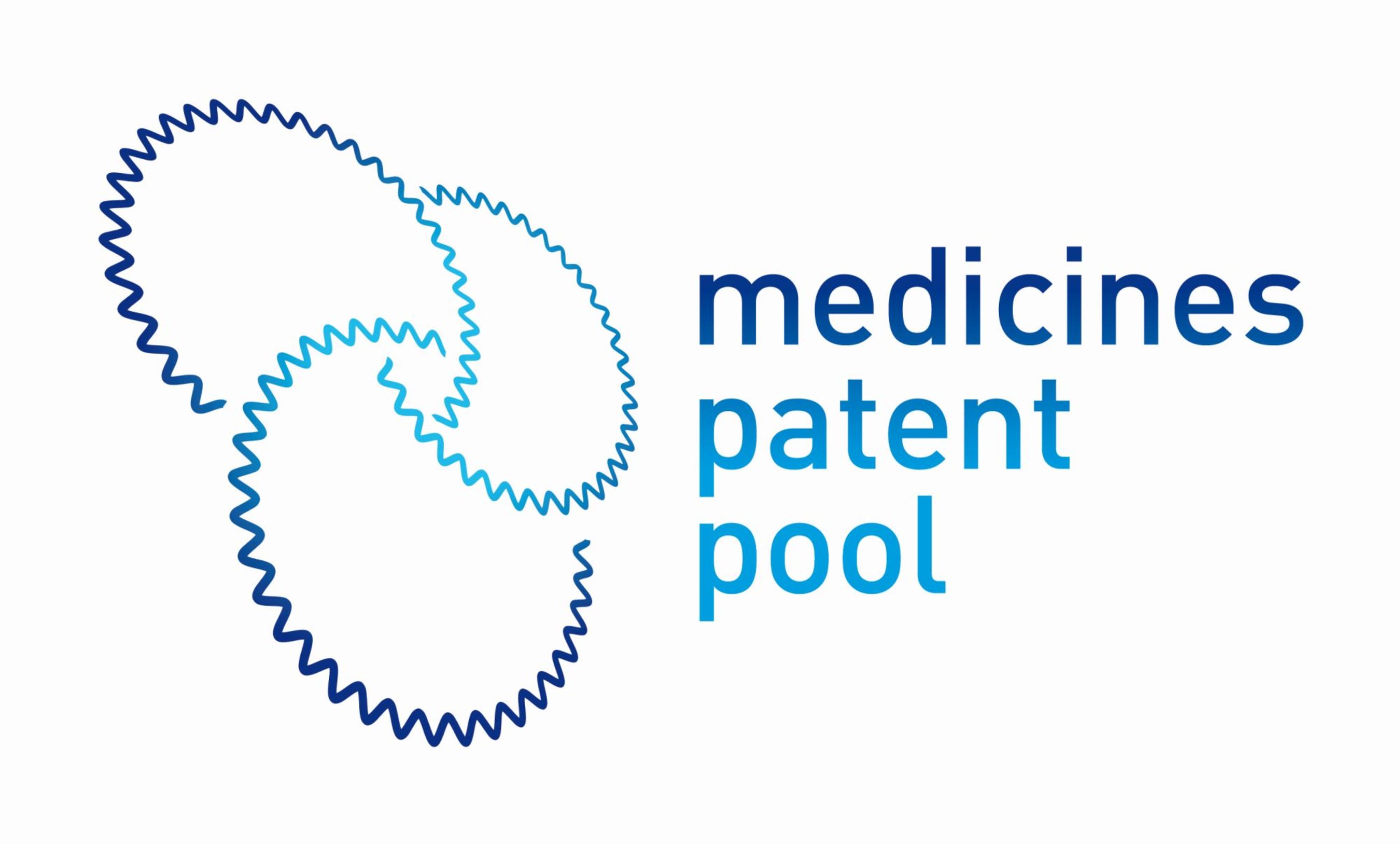The Medicines Patent Pool (MPP) Releases 2014 Annual Report: Highlights Progress in Increasing Access to HIV Medicines
GENEVA, May 20, 2015 /PRNewswire/ --
MPP signed 20 licensing agreements last year and is now working with 10 generic manufacturers on more than 50 medicine development projects
The Medicines Patent Pool (MPP) released its 2014 Annual Report today highlighting significant steps to increase access to WHO-recommended HIV medicines in low- and middle-income countries. The MPP signed three licensing agreements and 17 sub-licensing agreements in 2014 and now holds licences for 12 antiretrovirals (ARVs) from six patent holders. Its generic partners have distributed 2.18 billion doses of HIV medicines in 117 countries to date. A United Nations-backed organisation, MPP published its annual "report card" during the week of the 68th World Health Assembly.
(Logo: http://photos.prnewswire.com/prnh/20140925/708405 )
"MPP plays a strong role in supporting overall global health objectives through voluntary licensing agreements that speed development of low-cost, generic medicines to development countries," said Greg Perry, Executive Director, MPP. "Twenty fourteen was a stellar year. We signed licences with patent holders AbbVie, Gilead Sciences and ViiV Healthcare and expanded our network of generic manufacturers to ten companies now working on more than 50 medicine development projects."
MPP's 2014 highlights include licences for dolutegravir (DTG) a promising new ARV that recently received regulatory approval and tenofovir alafenamide (TAF) then in Phase III studies. By licensing recently registered ARVs and those in late-stage testing, the MPP hopes to slash the timeline between access to new treatments in the developed world and their availability in resource-limited settings. Within months of signing the agreements, MPP had signed-up seven manufacturers for DTG and six manufacturers for TAF to begin the development process. In 2014, MPP also added a paediatric licence for lopinavir and ritonavir (LPV/r), WHO-recommended first-line treatment for young children less than three years of age.
MPP estimates that it has saved the international community $79 million through discounted prices of HIV medicines and lower royalty payments, equivalent to one year of treatment for approximately 625,000 people living with HIV globally. Its efforts to spur generic competition for new ARVs could result in an additional 22 million patient-years of antiretroviral treatment and generate between 1.18 and 1.4 billion in savings through 2028.
About the Medicines Patent Pool (MPP)
The Medicines Patent Pool offers a public health-driven business model that aims to lower the prices of HIV medicines and facilitate the development of better-adapted HIV treatments such as fixed-dose combinations and special formulations for children. Founded by UNITAID in 2010, the MPP works with a range of stakeholders - communities of people living with HIV, governments, industry and international organisations. To date, MPP has signed agreements for twelve antiretrovirals (ARVs) for countries home to 87-93% of people living with HIV in the developing world and for one medicine for an HIV opportunistic infection.

Share this article